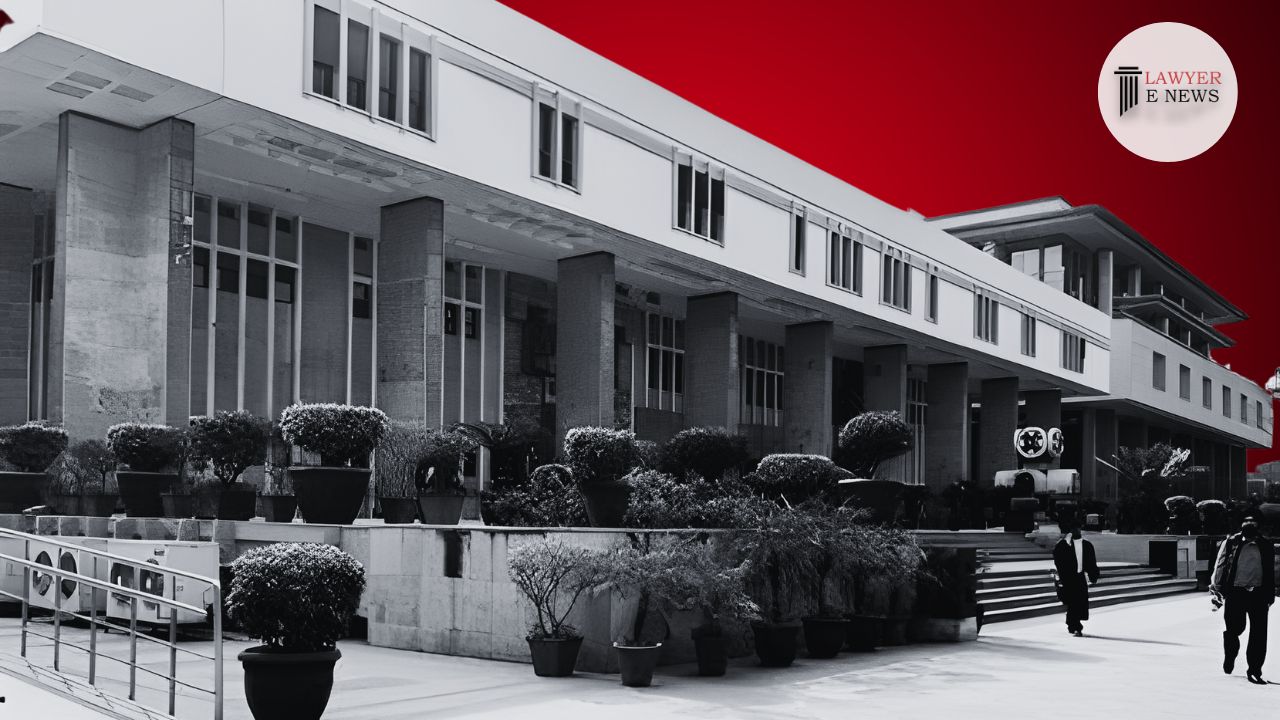-
by Admin
15 February 2026 2:36 AM



In a landmark judgment passed on November 17, 2023, the Delhi High Court upheld the validity of a contested Will, emphasizing the importance of the testator’s intent and mental state in testamentary disputes. Justice Rekha Palli, in her profound observation, stated, “A testamentary court is not a court of suspicion, but that of conscience.”
The case revolved around the Will dated September 27, 2012, of the late Ms. Kanval Dhillon, with her sisters challenging its authenticity. They contested the probate citing concerns over overwriting and cuttings in the Will. The petitioners, close friends of the deceased, sought to validate the Will under Section 276 of the Indian Succession Act, 1925.
The crux of the dispute lay in the interpretation of the Indian Succession Act’s provisions regarding the execution of Wills, specifically Section 63, and the impact of alleged alterations on the Will’s validity. Justice Palli, in her judgment, delved deep into these aspects, underscoring the necessity to consider the testamentary intent and the mental state of the testator.
The court meticulously analyzed the testimonies of witnesses from both sides, including that of Ms. Seema Bansal (PW4), an attesting witness. The evidence reinforced the notion that the testatrix was of sound disposing mind when drafting the Will, despite the familial disputes and subsequent litigations.
Justice Palli’s decision not only elucidates the legal principles governing the execution of Wills but also sheds light on the complex interplay between familial relations and legal rights. The judgment is a testament to the court’s commitment to uphold the true wishes of the testator, ensuring that justice prevails in the realm of testamentary law.
Justice Palli reinforced the notion that minor alterations in a Will do not necessarily mar its validity, especially when the overarching intent remains clear and unambiguous. This judgment sets a precedent for future cases involving contested Wills, emphasizing the need for a balanced and conscientious approach in such sensitive legal matters.
Date of Decision: 17 November 2023
BHUPINDER SINGH & ORS VS STATE & OTHERS
